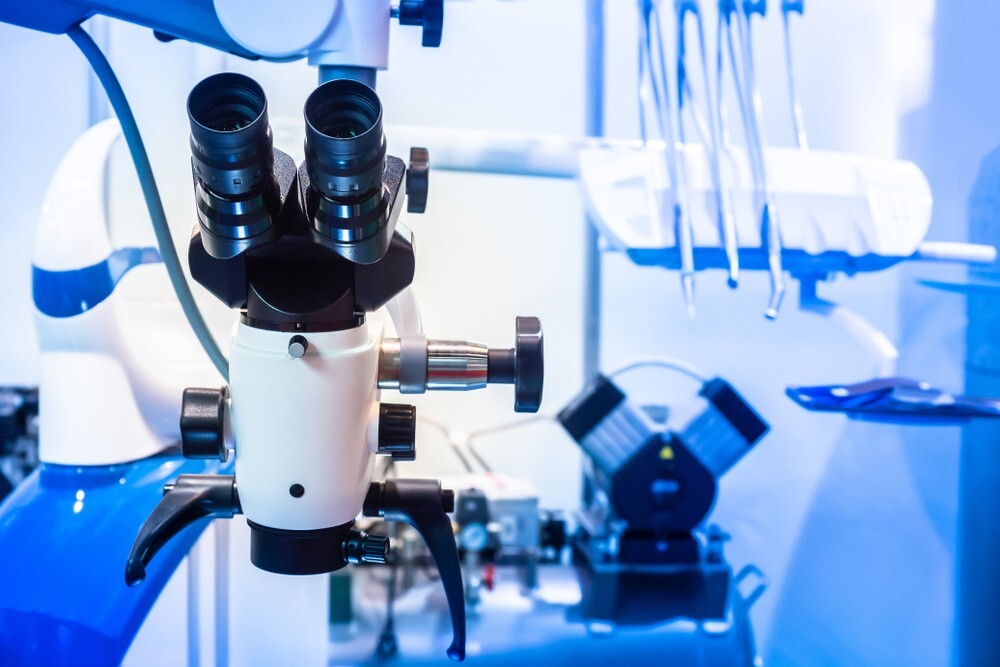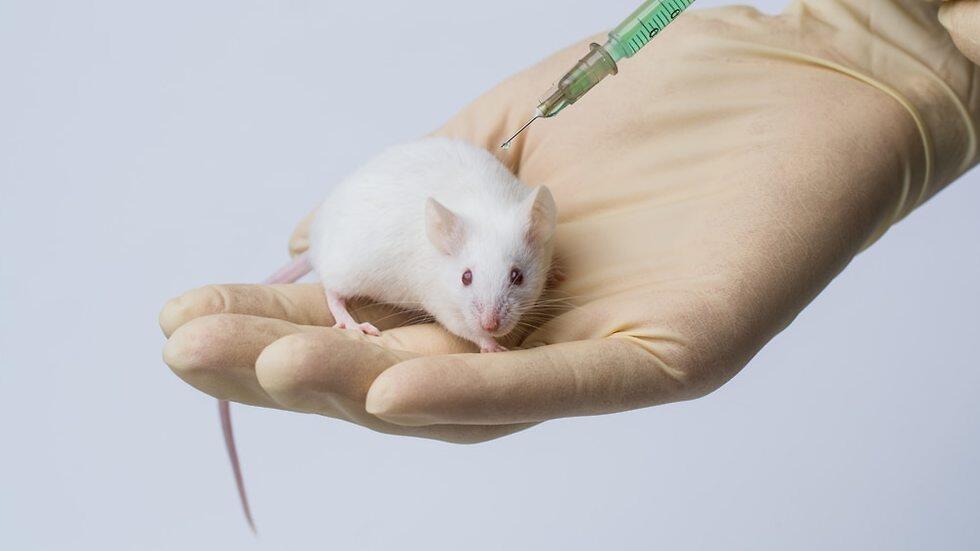A team of Israeli researchers has introduced a new technological approach that could potentially lead to faster development of anti-cancer drugs without being dependent on animal testing.
Professor Yaakov Nahmias, director of the Grass Center for Bioengineering at the Hebrew University of Jerusalem, founder of Tissue Dynamic and the leader of the study explained that “drug development is a long and expensive endeavor that is defined by multiple failures. The main reason for these failures is that clinical experiments are ultimately based on minimal information gained from animal experiments which often fail to replicate the human response.”
The primary animals used in drug development are rodents, mice and rats which have different genetics, physiology and metabolism than humans, leading to instances where successful therapies in rodents often fail in clinical trials.
The Hebrew University team developed human-on-a-chip technology, using human tissues in a device that mimics human physiology. While this type of technology has existed for over 30 years, Nahmias’ research incorporates microscopic sensors in the human tissue itself, enabling the team to precisely monitor the body’s response to specific drug treatments.
“What makes our technology unique is that it allows us to go beyond what was ever possible with animal experimentation. We are now able to insert microsensors that offer us real-time data on how drugs work and when they stop working,” Nahmias said.
Utilizing this new technology, the researchers were able to show that a commonly used cancer drug, cisplatin, causes a dangerous buildup of fat in human kidneys. They were then able to combine the chemotherapeutic treatment with a different drug, empagliflozin (Jardiance), designed to limit the absorption of sugar in the kidneys to reduce the harmful buildup of fats and minimize kidney damage cancer patients experience during therapy.
This application was the first time that the bionic chip was used to develop a drug protocol while avoiding the traditional dependence on animal testing.
“This groundbreaking technology has the potential to significantly reduce the testing and production time for drugs while also avoiding the need to test it on animals in the lab. This will save time, money and certainly unnecessary suffering,” the Hebrew University stated.
Tissue Dynamic is now moving ahead with clinical testing and working towards regulatory approval of specific drugs as a new treatment for cancer.



